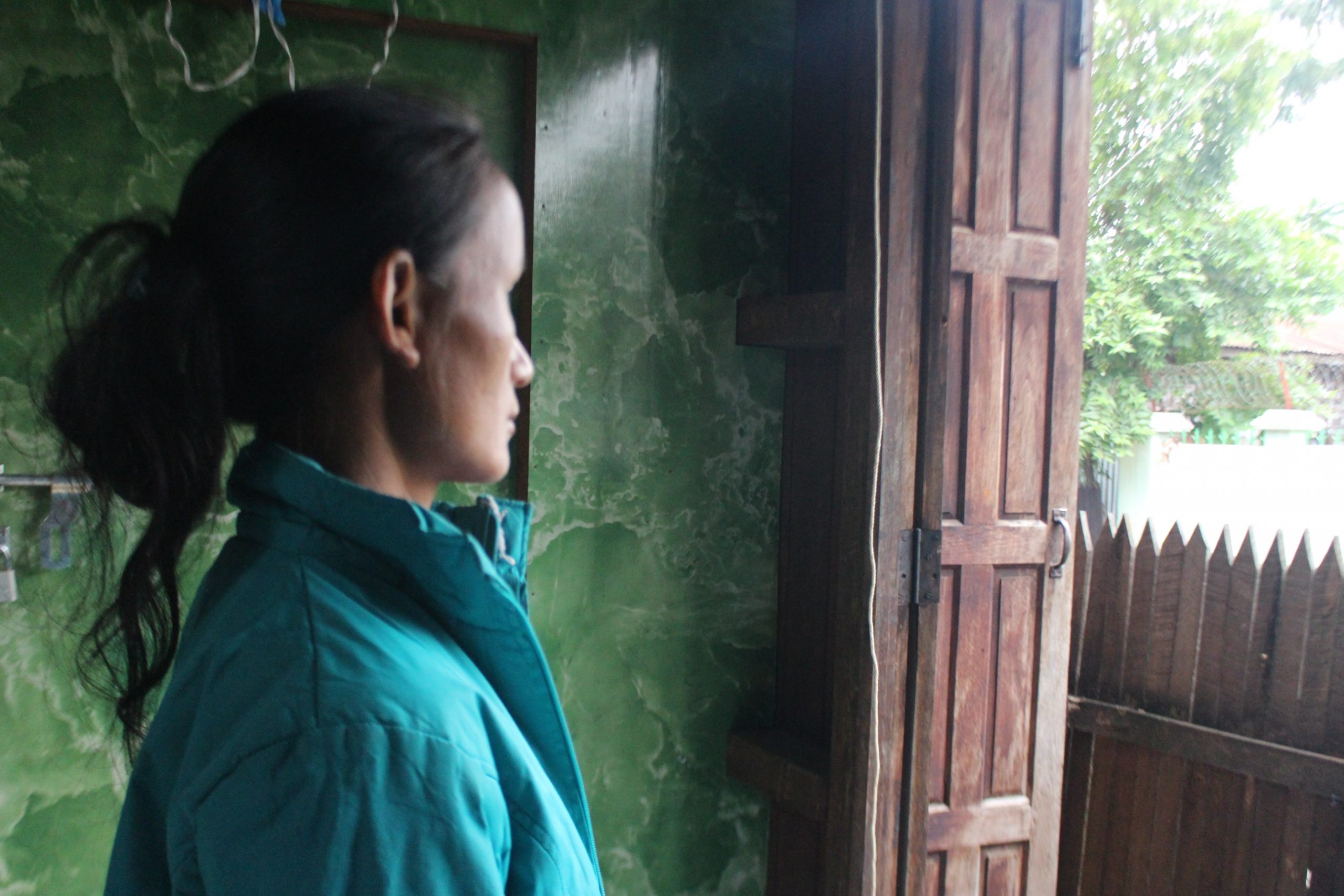A child was raped in May. She was only three years old.
“We were at work when it happened,” explains mother Lhing Boi. The child was too young to walk to the toilet by herself in the rain, so a family friend offered to take her. Then, that family says, he raped her.
Her suspected rapist is a 16-year-old boy from Tamu, Sagaing Division. He fled the scene immediately afterward and police have yet to find and arrest him.
The case of Lhing Boi’s daughter is just one that has been filed with police in 2016 — part of a 40 percent surge in child rape cases reported this year. This incident in the quiet village of Lal Lim, in the northwestern part of Sagaing Division, is one of 380 child rape cases reported nationwide between January and October of this year.
What’s more, that number is widely viewed by activists as under-representative of the true scale of the problem, as many cases are never reported.
Speaking to lawmakers at a parliamentary session on Wednesday, Deputy Home Affairs Minister Aung Soe said child rape as a percentage of all rape cases reported had risen from 42 percent in 2013 to 61 percent through November of this year, with the cabinet official calling the trend “alarming.”
When DVB met with Lhing Boi, she was very distraught and frustrated that the case was still ongoing, seven slow-moving months after she and her husband first filed a report with police.
“She’s only at the start of her life and already it is ruined,” the mother said in despair. The family lives in poverty, with both parents working as seasonal agricultural labourers to earn enough money to feed their children and send them to school. They couldn’t afford their daughter’s medical costs after she was brutally raped, so they went to the Kuki Women’s Human Rights Organisation, which helped support the child’s operation after the rape. They are both still fighting for justice for the three-year-old victim but worry the case will soon fall off the police’s radar and remain unresolved.
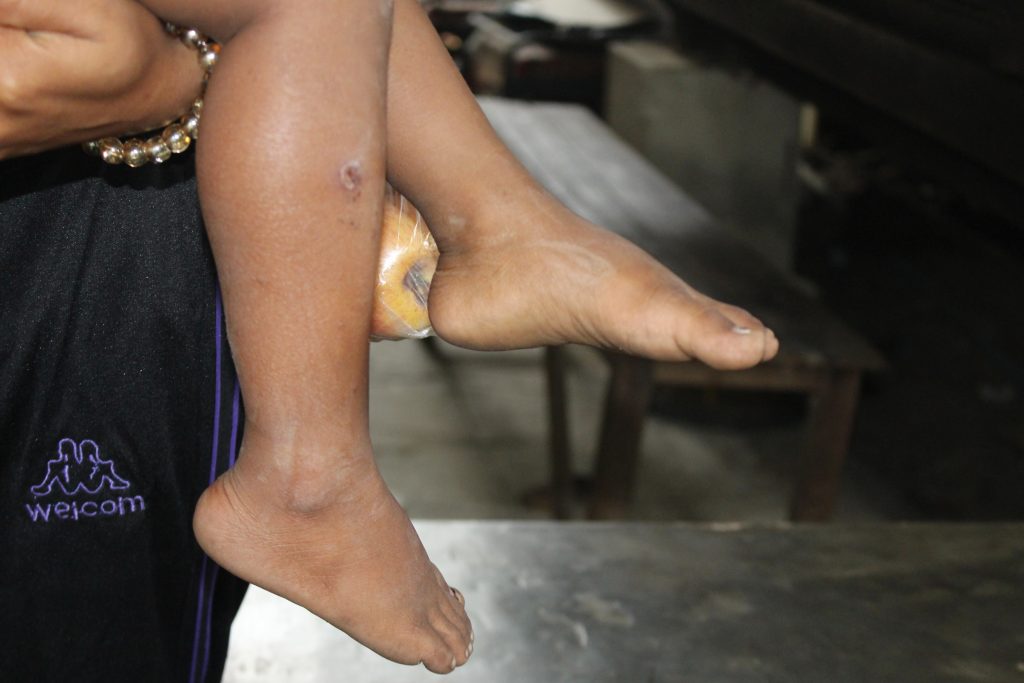
Handling reports of rape: Are police doing enough?
The Kuki Women’s Human Rights Organisation accuses the police of not doing enough to locate and apprehend the rapist of the three-year-old.
The organisation and the family allege that the police asked for money from the latter to cover officers’ travel and accommodation costs as they looked for the perpetrator in surrounding towns.
“The police asked for his [the alleged perpetrator’s] exact address, where the boy lived, and said you have to give money for transportation, because [the police] have to go there and spend at least a week, so we gave them some amount of money,” says Nga Ngai, president of the Kuki Women’s Human Rights Organisation.
She adds, “We don’t even know if they went to the perpetrator’s house or not.”
When asked by DVB, the police denied that they had sought money from the victim’s family to cover costs incurred in the course of their investigation. Captain Zaw Tun of the Tamu police station said this was the second rape of a minor reported to local police this year.
Law enforcement officials have acknowledged that improvements are needed when handling cases involving child abuse and gender-based violence.
“There is a wide consensus in the justice system that the police and judiciary working on such cases need better capacity — both theoretical knowledge and practical skills,” says Bertrand Bainvel, Burma representative for the United Nations Children’s Fund (UNICEF).
Next year UNICEF is rolling out a support programme for the police force and Union Supreme Court to train police officers and judges in child rights, child protection and gender sensitivity.
But it’s not just the police that need urgent training in how to act and protect women and children — support for the survivors of sexual abuse and their families is still practically non-existent in Burma.
The Department of Social Welfare is currently working to set up a child protection case management system from scratch, with support from UNICEF. In 37 townships, case managers have been trained to work with the police to provide quick and child-friendly investigations. There are plans to expand this system further in 2017, but it will be years before the programme has nationwide reach.
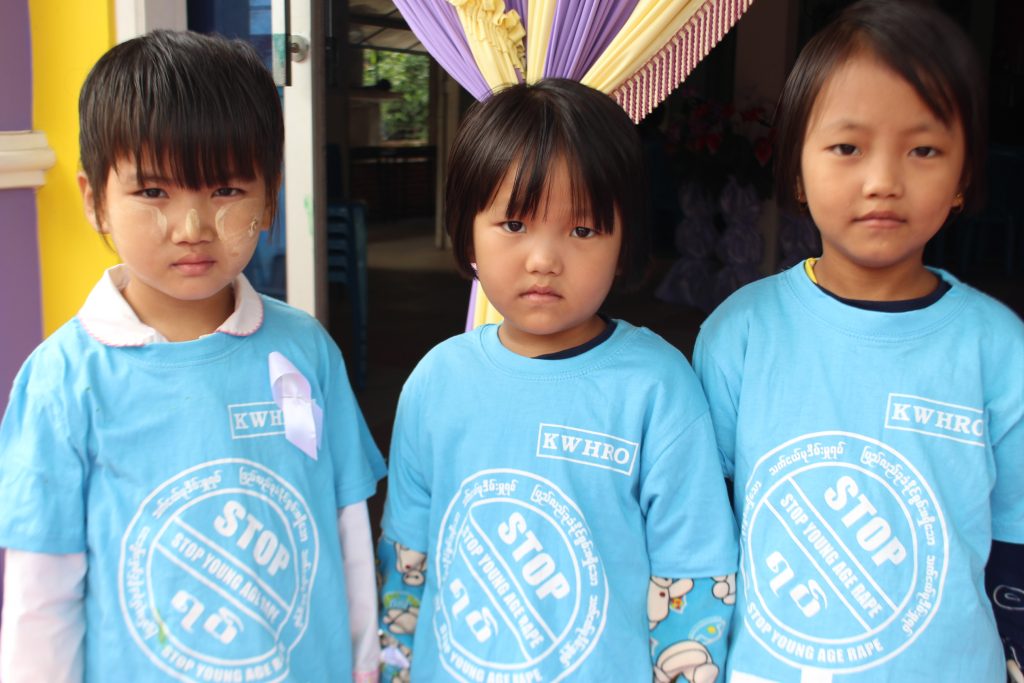
More crimes, or more cases being reported?
According to the women’s rights organisation Akhaya, instances of child rape have long been far too common in Burma. Akhaya Director Htar Htar says it is encouraging that more cases are finally being reported in a societal context where victims can still face stigma, silencing many.
She says about 70 percent of child sex offenders are from the victims’ immediate or extended family, or are in some other way closely acquainted with the victims.
“It is true that [reported] rape cases have increased. There have been around 800 reports of rape against women and children so far across the country this year,” said Htar Htar.
UNICEF says the rise in reported cases may be due to a strong campaign to raise communities’ awareness of the problem, prompting some to come forward who might otherwise have turned a blind eye.
“New ways of sharing information about child abuse cases have emerged — we have seen an increasing role of social media as a platform for sharing information on such cases. Children and families may be also better aware of how to report child abuse cases,” states Bainvel.
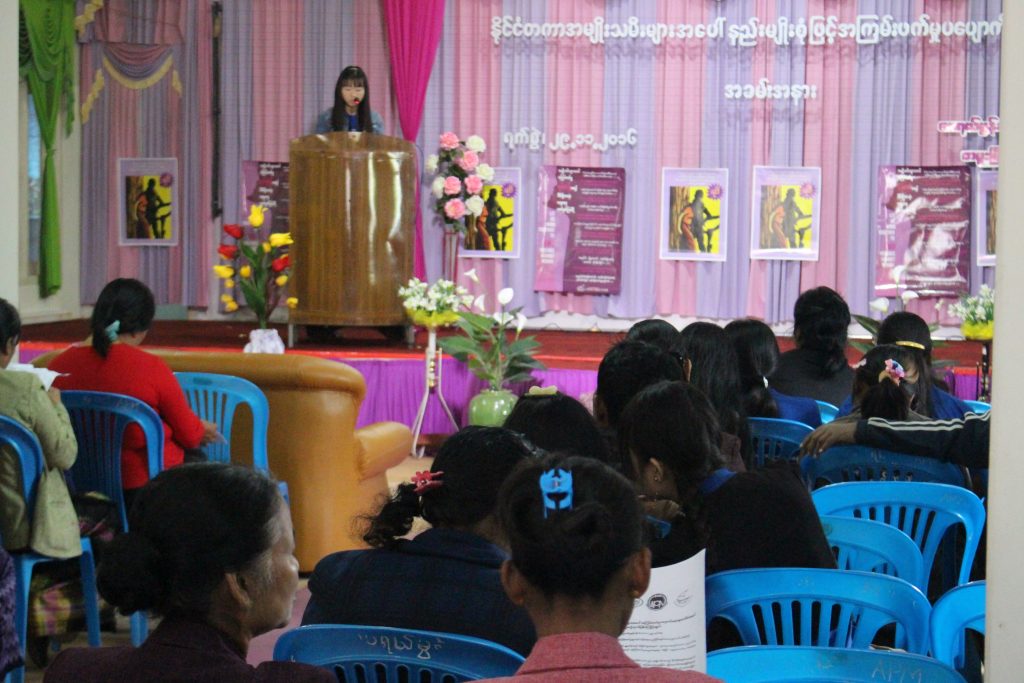
Child law to be reformed
The 1993 Child Law does not explicitly mention the rape of minors as a punishable offence. In other words, the consequences are no more severe for perpetrators of the crime against this particularly vulnerable population. On 28 November, Minister of Social Welfare, Relief and Resettlement Win Myat Aye said a bill was being proposed to enforce a minimum prison term of 10 years for child rapists. He is also advocating for more detail in the statutory definition for abuse of children. The bill has been sent to the Attorney General’s Office for review.
Parliament has an opportunity to pass revisions to the Child Law that address shortfalls in the legislation so that it covers all kinds of child abuse and in all settings, according to Bainvel.
“The Parliament in current sessions has an opportunity to pass it now, it should not be delayed,” he adds.
Harsher penalties would stop more people from raping children — and believing they could get away with it — says Nga Ngai.
“They need to take more action and the government should put pressure on the police to do their job properly. And judges should give stronger jail sentences and some compensation to the victim,” she said.
Though some campaigners such as Nga Ngai are advocating for the death penalty for perpetrators of child rape, others say that would be too harsh.
Speaking on a recent panel discussing suggested reforms to the Child Law, lawyer Robert San Aung said, “Only when imposing a sentence of 20 years does not work should we consider the death penalty.” He believes that incidences of rape have risen because police do not put cases together properly, leading courts to hand down lighter penalties that lessen the criminal justice system’s deterrent effect.
He is also advocating for the formation of an anti-child rape squad similar to the country’s anti-human trafficking squad to handle reports, as currently the police often procrastinate, offering a variety of excuses for not moving quickly to investigate.
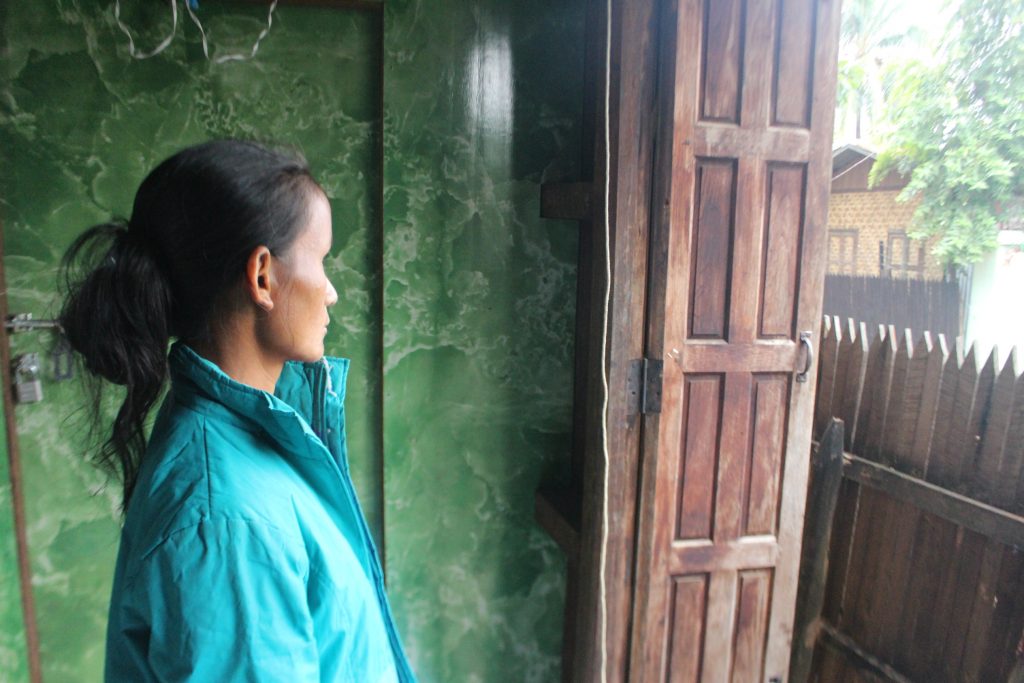
A culture of denial and impunity
Rape as a weapon of war by the military, especially in ethnic areas, has been reported in Burma for decades.
In 2011, State Counsellor Aung San Suu Kyi said, “Rape is rife. It is used as a weapon by the armed forces to intimidate the ethnic nationalities and to divide our country.”
From 2005 to 2016, 11 women’s organisations from Burma published at least 33 separate reports on violence against women perpetrated by soldiers from the Burma Army. But the institution and its soldiers continue to act with impunity, the Karen Women Organisation says, and when they are not punished it breeds a culture of denial and an implicit message that rape is tolerated.
Nga Ngai says, “This kind of rape has been happening all around the country and in conflict zones like Arakan, Shan and Kachin [states]. The police should be protecting the people and bringing these cases to court.”
Amid a recent campaign to put an end to violence against women, the Karen Women Organisation urged Suu Kyi to make a “simple nationwide announcement” of zero tolerance, offering the state counsellor a suggestion for what that announcement might communicate: “Sexual violence is prohibited to members of the Myanmar Army. Any Myanmar soldier found to have committed this crime, and his commanding officers, will be severely punished.”
No such call has been made by Suu Kyi or her National League of Democracy since the party took office earlier this year.
Nga Ngai and women’s rights organisations say that until there is leadership on the issue and more public condemnation of rape, especially by perpetrators in positions of power like the military, a culture of impunity will continue to trickle down to broader society and into the home, where — as the public is increasingly coming to learn — many child rape cases are committed.


